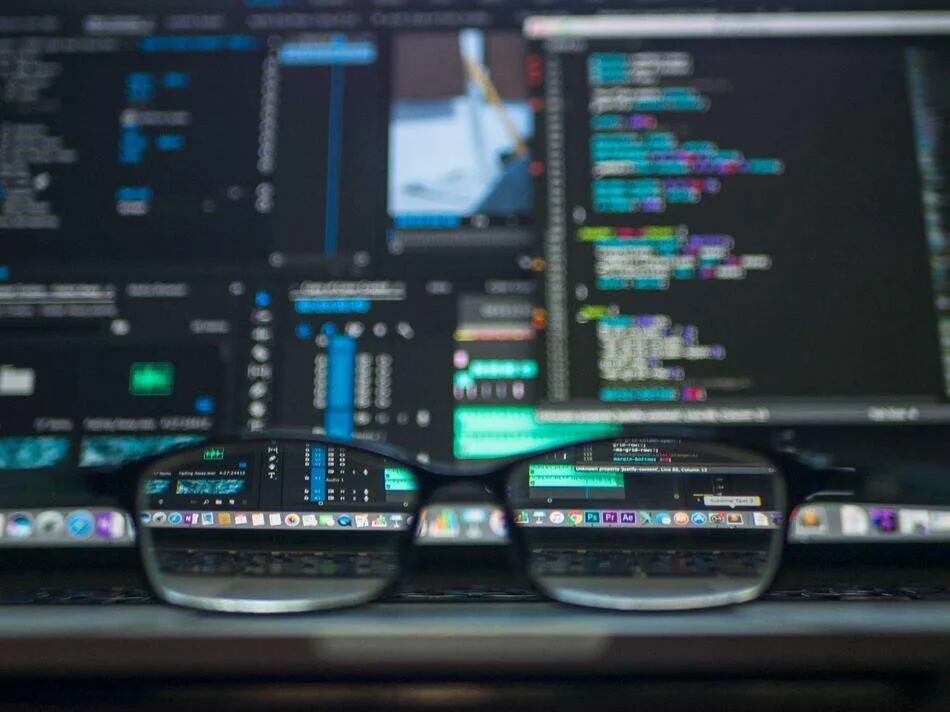Artificial Intelligence (AI) has been revolutionizing various industries, and the legal field is no exception. In this article, we will explore how Artificial Intelligence Wwill affect the Practice Of Law. From streamlining legal research to automating administrative tasks, AI has the potential to greatly enhance the efficiency and accuracy of legal processes. However, as with any technological advancement, there are concerns about job displacement and ethical considerations. Let’s delve into how AI is likely to transform the practice of law and the possible challenges that lie ahead.
Increased efficiency in legal research
Legal research is a crucial aspect of the practice of law, but it can be tedious and time-consuming. Fortunately, with the advent of artificial intelligence (AI), legal research has become more efficient than ever before. AI-powered legal research tools can quickly sift through vast amounts of case law, statutes, regulations, and other legal documents to provide lawyers with the most relevant and up-to-date information.
AI-powered legal research tools
These AI-powered tools employ natural language processing (NLP) algorithms to understand and analyze legal texts, making it easier for lawyers to find the specific information they need. By utilizing machine learning techniques, these tools can improve over time and provide increasingly accurate results. As a result, lawyers can save valuable time and focus on more complex legal issues rather than spending hours manually searching for relevant legal precedents.
Automated contract review and analysis
Contract review is another time-consuming task that can benefit significantly from AI technology. AI-powered contract review tools can analyze and extract key information from contracts, such as parties’ names, dates, terms, and clauses. This automated process not only saves time but also reduces the risk of human error in contract analysis.
Machine learning and contract analysis
Machine learning algorithms enable AI tools to learn from patterns in large datasets of contracts and develop the ability to identify and flag potential issues or inconsistencies. These tools can even suggest revisions or improvements to contracts based on common industry practices or legal standards. By automating contract review, lawyers can focus on higher-level analysis and negotiation strategies, rather than being bogged down in the minutiae of contractual language.

Improved accuracy in document review
Document review is an essential part of legal proceedings, particularly in litigation and regulatory matters, where large volumes of documents need to be reviewed for relevant information. Traditional document review can be time-consuming and prone to human error. However, AI-powered document review platforms can streamline this process and improve accuracy.
AI-assisted document review platforms
AI-assisted document review platforms utilize machine learning algorithms to categorize and prioritize documents based on relevance, reducing the time and effort required for manual review. These tools can quickly identify key information, such as names, dates, and important facts, within large sets of documents. By using predictive coding algorithms, these platforms can also learn from human reviewers’ decisions and prioritize documents that are more likely to be relevant, further increasing accuracy and efficiency.
Enhanced prediction of legal outcomes
One of the most exciting prospects of AI in the legal field is its potential to predict legal outcomes with a higher degree of accuracy. By analyzing vast amounts of historical legal data, AI algorithms can identify patterns and trends that humans might miss. This can help lawyers and clients assess the likelihood of success in a legal case or determine the potential risks associated with different legal strategies.
Predictive analytics in legal practice
AI-powered predictive analytics tools can analyze various factors, such as judges’ rulings, prior case outcomes, and legal arguments, to provide estimates on the probable outcomes of specific legal scenarios. These tools are not designed to replace lawyers’ expertise or judgment but rather to enhance and support their decision-making process.

Challenges and concerns with AI in law
While AI holds great promise for the legal profession, it also presents unique challenges and concerns. One major concern is the potential bias in AI algorithms. Since AI systems learn from historical data, they can inadvertently perpetuate existing biases present in legal decisions or societal norms. To counter this, it is crucial to ensure that the data fed into AI systems is diverse and representative of different perspectives.
Another concern is the ethics surrounding the use of AI in law. Some worry that AI tools may lead to a reduction in human judgment and the devaluation of the expertise and experience of legal professionals. Additionally, questions of accountability and responsibility arise when AI systems make decisions or recommendations with significant consequences.
Impact on the legal profession and job market
The rise of AI in law will undoubtedly have a significant impact on the legal profession and the job market. While some fear that AI will replace human lawyers, the more likely scenario is that it will transform the roles and responsibilities of legal professionals.
Automation of repetitive tasks
AI will automate many repetitive and administrative tasks in the legal profession, such as legal research, contract review, and document analysis. This will enable lawyers to focus on higher-level tasks that require human judgment, creativity, and critical thinking. As a result, there will likely be a shift in the composition of legal work, with less time spent on mundane tasks and more emphasis on strategic advisory roles.

Changing role of lawyers
With the rise of AI, lawyers will need to adapt and evolve to remain relevant in the changing legal landscape. While AI can assist with tasks like legal research and document review, it cannot replace the unique skills and abilities that human lawyers bring to the table.
Embracing technology and lifelong learning
To thrive in the AI-driven legal profession, lawyers will need to embrace technology and become proficient in using AI tools effectively. They must also continually update their skills and expertise to stay ahead of the evolving field of law.
Ethical implications of AI in law
The adoption of AI in law raises several ethical considerations. As AI systems actively participate in legal decision-making, questions of transparency and accountability become crucial. It becomes essential to understand how AI algorithms reach their conclusions and to ensure that decisions are explainable and justifiable.
Bias and fairness in AI algorithms
Another critical ethical concern is the potential bias in AI algorithms. If AI systems are trained on historical data that reflects systemic biases, they may perpetuate and amplify those biases, leading to unfair outcomes. It is vital for legal professionals and AI developers to work together to ensure that AI systems are fair, unbiased, and uphold fundamental principles of justice.
Adoption and implementation of AI in law firms
The adoption and successful implementation of AI in law firms require careful planning and consideration. To leverage the full potential of AI technology, law firms need to invest in robust infrastructure, data management systems, and training programs for their legal teams.
Collaboration between lawyers and technologists
Collaboration between lawyers and technologists is crucial for the successful integration of AI in law firms. Lawyers must actively engage with AI tools, provide feedback, and work closely with developers to address any concerns or issues that arise during implementation.
Future possibilities and limitations of AI in law
Looking ahead, there is immense potential for AI to revolutionize the practice of law further. As technology continues to advance, AI systems will become more sophisticated, capable of handling increasingly complex legal tasks.
Limitations of AI in law
However, it is essential to recognize the limitations of AI in law. AI algorithms heavily rely on the quality and quantity of data they are trained on, which can present challenges in areas with limited data availability, such as emerging legal issues or niche practice areas. Additionally, AI cannot fully replace human judgment, intuition, or empathy, which are integral to the legal profession.
In conclusion, AI is transforming the practice of law by increasing efficiency in legal research, automating contract review and document analysis, enhancing prediction of legal outcomes, and offering various other benefits. However, the ethical implications, impact on the legal profession, and limitations of AI must be carefully considered and addressed. As AI continues to evolve, the legal profession must embrace and adapt to the changes, leveraging technology to augment their expertise and serve clients more effectively.
Hey there, AI enthusiast! Ever felt overwhelmed by the vast world of artificial intelligence? We’ve got you covered. Dive into our specially curated page packed with the latest AI content creation tools and resources. Whether you’re a newbie looking to dip your toes or a seasoned pro seeking the next big thing, our collection promises to cater to all. Don’t miss out on unlocking the secrets of AI’s potential. And hey, if you find it as awesome as we do, maybe give it a share? Google sure loves discovering gems like this.
Go to our curated AI Resources page
Go to our ChatGPT Prompt Generator for Bloggers
Go to our ChatGPT Prompt Generator for TikTok
Get my free eBook on how to use AI to grow on TikTok
Featured Photo by Tingey Injury Law Firm on Unsplash
Photo 1 by Kevin Ku on Unsplash
Photo 2 by Giammarco Boscaro on Unsplash
Photo 3 by Scott Graham on Unsplash
Subscribe to our email newsletter to get the latest posts delivered right to your email.